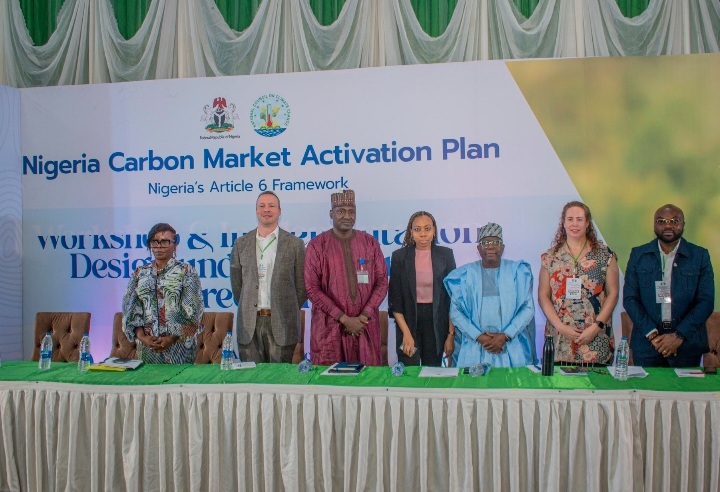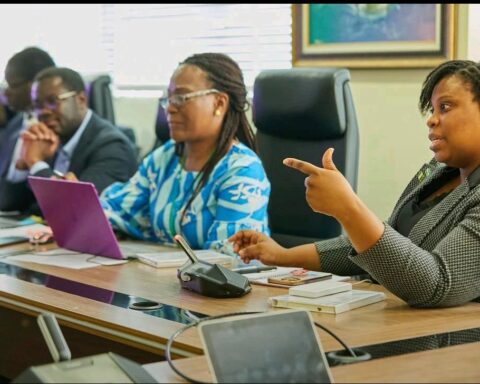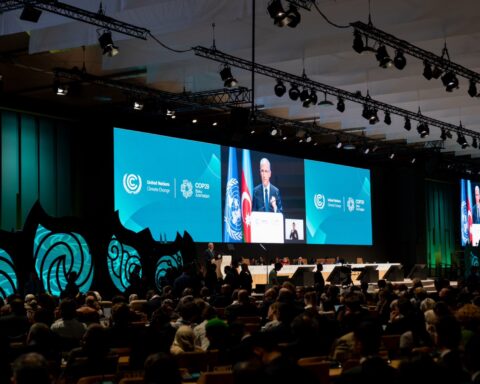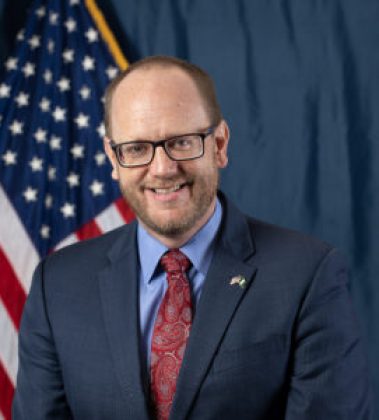As part of activities towards activating Nigeria’s carbon market, the National Council on Climate Change (NCCC) convened a pivotal two-day training workshop aimed at activating Nigeria’s carbon market and implementing Article 6 of the Paris Agreement.
Supported by the United Nations Development Programme (UNDP) and Neyen Consulting SL, the event, titled “Nigeria’s Carbon Market Activation Plan: Nigeria’s Article 6 Framework; & Implementation Design under the Paris Agreement,” saw participation from various governmental agencies and private sectors.
Minister of Environment, Balarabe Abbas Lawal, while speaking at the event emphasized the significance of carbon markets in addressing global climate goals and achieving Nigeria’s ambitious Nationally Determined Contribution (NDC) targets.
He outlined Nigeria’s potential to generate millions of tons of carbon credits annually by 2030 through initiatives such as reforestation, renewable energy, and waste-to-energy projects.
Director General of the NCCC Dr. Salisu Dahiru, highlighted the importance of Article 6 in Nigeria’s goal of achieving Net Zero emissions by 2060.
Stressing the efficacy of a well-designed trading scheme, he underlined the necessity of equipping participants with the requisite knowledge and skills to capitalize on carbon markets’ potential.
He also underscored the need for a robust institutional framework, designating the NCCC as the National Designated Article 6 Authority (NDAA) to oversee transactions and authorize projects aligned with national interests.
The workshop, attended by participants from various government agencies and private sectors, aimed to equip them with the necessary expertise to contribute to the development and implementation of a functional carbon market framework in Nigeria.
Meanwhile, during a virtual news briefing, U.S. Environmental Protection Agency (EPA) Administrator Michael Regan reaffirmed the U.S. Government’s commitment to ensuring access to clean air and water for all individuals.
Regan’s mission to Ghana and Mozambique focused on sharing environmental solutions in Africa, particularly regarding air quality safeguarding.
Acknowledging pollution challenges, Regan emphasized the importance of transparent air quality monitoring and data for community understanding and targeted pollution mitigation efforts.
He announced the installation of a new air quality monitor at the U.S. Embassy in Maputo, Mozambique, contributing to the global network of air quality data.
Regan also highlighted the promotion of high-integrity Carbon Credit Programs to aid developing countries in transitioning away from fossil fuels and reducing greenhouse gas emissions.
Commending Ghana for its leadership in generating high-integrity carbon credits, he stressed the transformative impact of clean cooking stoves on communities, particularly for women and young girls, in improving air quality and fostering healthier lifestyles across the continent.
Regan reiterated the universal right to clean air, clean water, and healthy life, emphasizing the necessity of environmental protection for all individuals, regardless of their circumstances, in light of Africa’s rich cultural heritage and biodiversity.
By Dare Akogun







